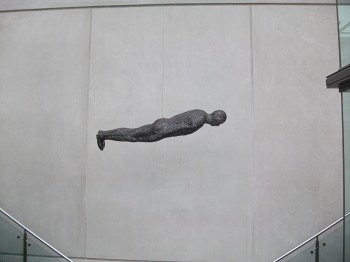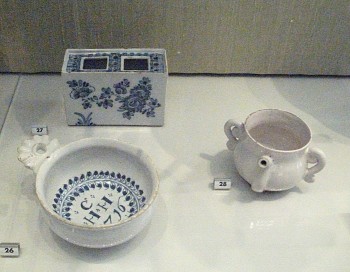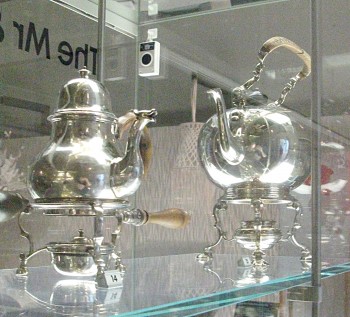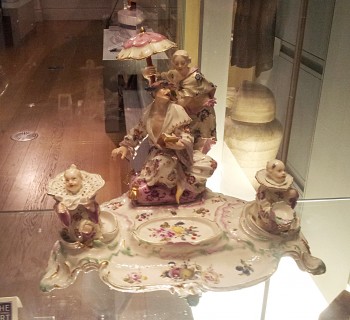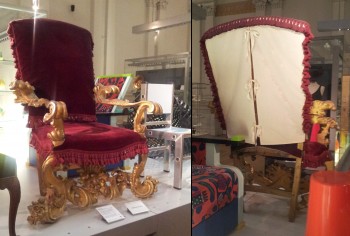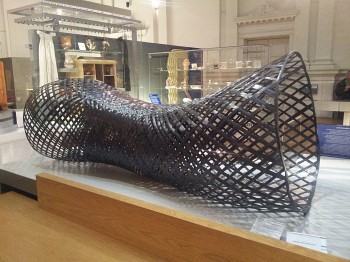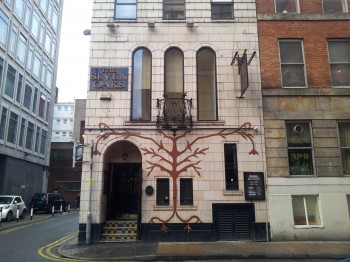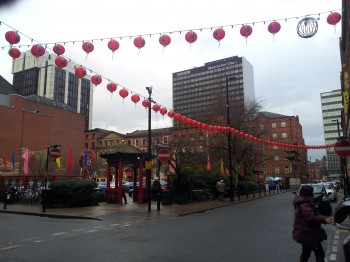For my last book club meeting, we read Watching the English: The Hidden Rules of English Behaviour by Kate Fox. We then had an absolutely brilliant conversation about all sorts of different matters, and I’ve continued to ruminate on it since.
One thing Kate Fox talks a lot about is class (in the socioeconomic sense, rather than the “she’s a classy lady” sense), because it pervades every aspect of English culture. Thus, we talked about class at our meeting, and I ruminated over what was said, as well as what I’ve gathered already from 7 years of living here in Dampland.
For decades, the message has been put out there repeatedly (via media, ministers, storylines in popular shows, etc) to the rank and file English citizen that class is no longer such a consideration, such a thing as it once was. This … could be true, I suppose. Many times, the message has been carried to the extreme of saying that class doesn’t matter at all: this is blatantly false. However, if you repeat something often enough, people tend to believe it.
Kate Fox points out that class has nothing at all to do with occupation or income, unlike pretty much anywhere else in the world. My understanding of class in the US, when I arrived here, was that income alone pretty much determined class, so this was a total brain fuck to comprehend. My understanding of the US system has become a bit more nuanced since then, but occupation and income play a HUGE part of class in the US, regardless.
Contrast that to here in the UK, Kate Fox tells a story of an upper crust person being identified despite living in a council housing apartment [projects], etc. Class here is a host of nuances of things like which words you choose, how you say them (including at what volume), how you decorate your home, how you maintain your car, how you hold your fork and knife, how you eat peas, how you entertain yourself, what sorts of things are appropriate to buy in what sorts of shops, how you roll your sleeves up, and so on. It’s sometimes very subtle, and hard to explain (though Kate Fox has made a great start), but an upper crust person can be discerned from the opposite end a mile away because of these things – even if they live as neighbors in a tower block of apartments.
Historically, in the UK, class was passed generationally, and you could never rise too far in class yourself. You could pull your children up some, and they could pull their children up a bit more, but it took generations. Famously, in the US, we love our rags-to-riches stories – and the accompanying lower-class-to-upper-class transitions that goes with them. In the modern world, we would all love to believe these transitions, this pulling oneself up by one’s bootstraps, are possible for anyone if they work hard enough (and have lots and lots and LOTS of luck), and certainly that idea has creeped into England as a thing they’d like to think of as true: that class mobility is a thing that can happen, and isn’t that hard, and doesn’t have to rely on generations to pass for it to transpire. After all, this idea appeals to their sense of fair play, which is a HUGE part of English culture.
However, as nice as it’d be, I don’t think it’s true. I think class is too much about nuanced habit that you pick up from your parents for it to be something you can shed so easily. You can train yourself on new habits, and take elocution (speech) lessons for the verbal part, but you will lapse sometimes, and your lower-class roots will show. What a way to live.
However, to say that occupation and income don’t have anything to do with class … just doesn’t feel quite right, or it didn’t to me on book club night. So I mulled over this, and I realized: occupation, particularly, gives status. We like to think there’s class mobility mostly because we want to think of people being able to have a higher status than what they were born to, if they desire. But people do have status mobility, which is entirely separate from class and class mobility.
Imagine: on a construction site, you could have a foreman, and his son swinging a hammer at whichever nails he’s told to. Both of them are working class, but the foreman clearly has a higher-status job than the hammerer. However, the hammerer could be a 20-year-old doing this on his summer breaks from school (uni) where he’s becoming a doctor (MD). Once he completes that and becomes a doctor, a GP, etc, he’ll have a higher status than his dad the foreman. But under the English class system, he won’t really have a higher class, I reckon. The polite, politically correct brigade will probably come try to “correct” me on this and tell me he will, but he’ll still have most of those same mannerisms he had when he was being raised by his working class parents, or at least some of them. He won’t be conscious of all of them, in order to train himself out of all of them. Those nuances will be picked up, I reckon subconsciously, by others around him, who will peg him with their class radar as working class, despite being a doctor. His children will pick up more of his affected mannerisms, and less of his working class root mannerisms, and thus be gradually lifted up along the class lines, just as in the olden days.
Not that any of it matters, mind. The thing I instantly concluded upon re-reading this book was that class is a construct, like the UK (which is four separate nations under one flag, but not really a unified country), and that none of it really matters, in the end.



